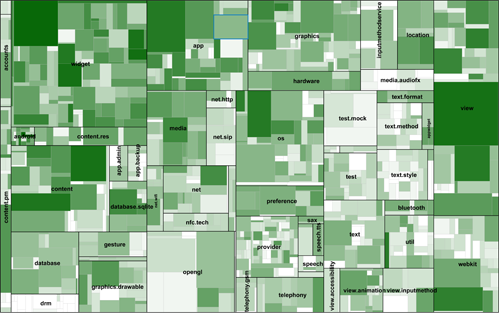-
AI and Two Hundred Dollar Tasks
Chris Parnin • -
Software Engineering: The Next 50 Years
Chris Parnin • -
Api Documentation
Chris Parnin • -
Programmer Interrupted
Chris Parnin • -
Crowd Documentation
Chris Parnin • -
Memory 2.0: Attentive Memory
Chris Parnin • -
Auto-blogging - Publishing a coding task to wordpress.
Chris Parnin • -
Building a Visual Studio History Extension Part #1
Chris Parnin • -
Task-focused Interfaces: Particles of a programming task?
Chris Parnin • -
Keeping it Simple: Customizing the WPF Expander Icon
Chris Parnin • -
Measuring API Documentation on the Web
Chris Parnin • -
Design Comics: Illustrating Software Design
Chris Parnin • -
Customizing Visual Studio Search Results
Chris Parnin • -
Code Diffs Redesigned
Chris Parnin • -
Recording EMG, Sending Event Pulses with LabJack
Chris Parnin •



 Traditional documentation requires a process where a few people write for many potential users (especially in the case of API documentation). The resulting documentation, more often than not just doesn’t cut it — There aren’t enough examples, details, or explanations.
Traditional documentation requires a process where a few people write for many potential users (especially in the case of API documentation). The resulting documentation, more often than not just doesn’t cut it — There aren’t enough examples, details, or explanations.








